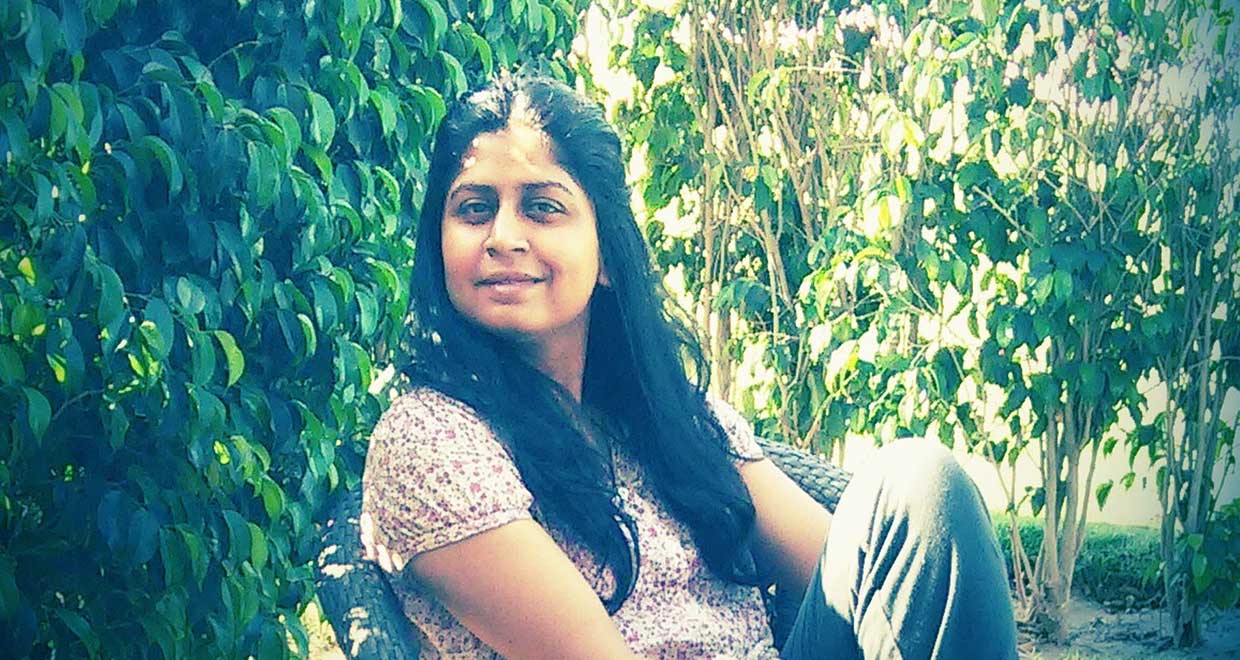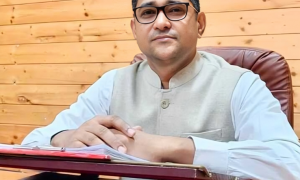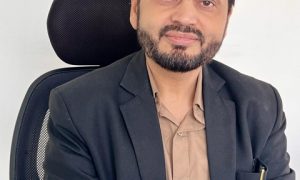Jyoti graduated in law from University of Delhi in 2009. She subsequently went on to earn her LL.M in 2011. She has been working with the Legal & Treaties Division of the Ministry of External Affairs as a Consultant. She is also visiting faculty in University of Delhi and Indian Society of International Law, apart from other Law Schools. In her capacity, she handles the drafting and up-loading of the Treaties on MEA website. She vets the Agreements/Treaties /MoUs signed between the Govt. of India with other countries as well as advice on the court cases coming to the division. Apart from attending Inter ministerial meetings, she also goes to courts to brief the government counsels.
In this interview we speak to her about:
- Her internship experience
- Working for the Ministry of External Affairs
- Her passion for academia
What motivated you to pursue a career in law?
Honestly, I was not particularly keen on pursuing law, as I hail from a family of bureaucrats and doctors. Having said that, I would like to add that once I chose law, I started enjoying the subject thoroughly, as no other field is as dynamic or has such an impetus to excel. In today’s globalized world, the knowledge of law has become more of a requirement than a career choice, and I personally feel that it truly empowers and enriches every individual to deal with any travesty.
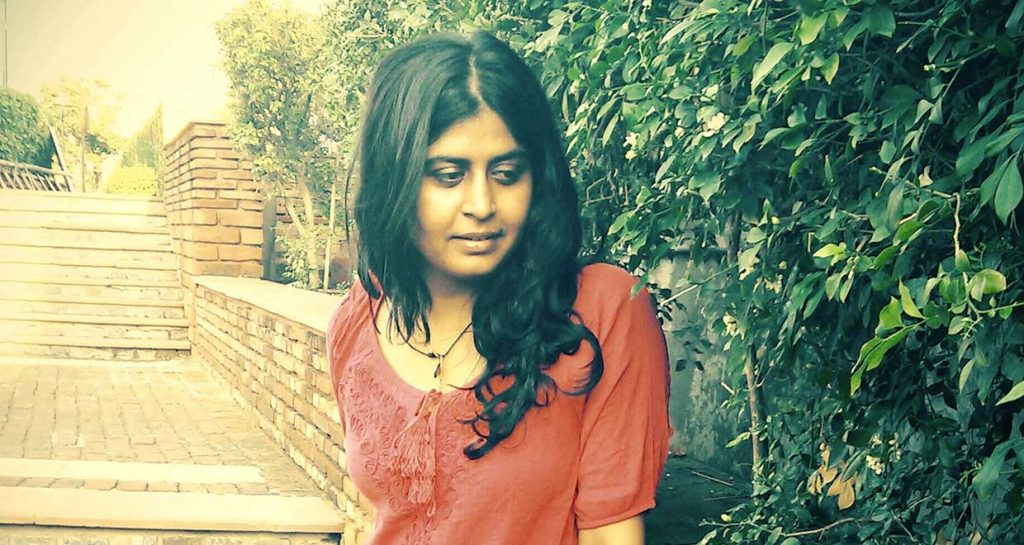
Did you pursue extracurricular activities such as moots and debates in law school?
Yes, I was part of debates and extracurricular activities during my budding years. I was also a part of the core committee which organized international conferences in my college. It is necessary as well as interesting for students to excel either in research or debate or any other extracurricular activity apart from studies, if you are in the initial phase of your law school. Law is all about how confident one is to present oneself and make a niche.
Tell us about your internships.
I did my internship at the National Commission for Women along with a few prominent law firms. Internships are very important in assessing your interest in the relevant area. When you intern, you get to know about the practical aspects of your subject, whereas classrooms cover only the the theoretical aspects. Therefore, the right kind of internship makes each student distinctive among their peer group. Internships provide first-hand experience in the legal profession and a close look at the day-to-day responsibilities that come with being a lawyer.
Simultaneously the students will gain an insight into what type of law they would want to—or not want to—pursue after graduation from law school. Someone might think about becoming a criminal lawyer, but then intern for a corporate law firm and realize that is what they would prefer to practice instead.
Interest in the subject, exposure, kind of work given to interns, etc. should be kept in mind while applying for internships. I feel that students should get as much exposure as they can while doing their LL.B. course.
Have you ever felt the NLU and non- NLU divide? Do you think it is a consideration for employers?
Absolutely not. When you are capable of proving your worth, I don’t think the NLU, non-NLU divide can prove to be a hindrance. In the end, what the employers want is the maximum output from their employees and not a prominent law school name in their credentials. It therefore is a myth and not a reality.
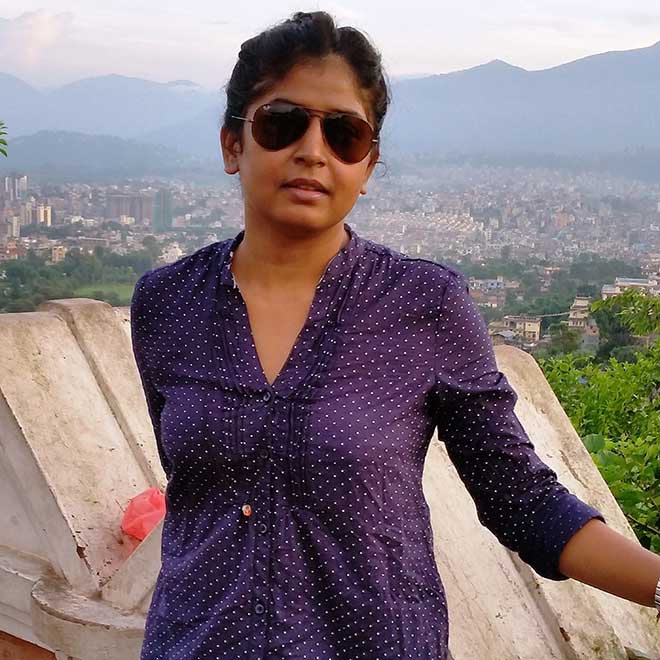
What are your areas of interest? How did you discover and pursue them?
My area of interest primarily has been International Law and Constitutional Law along with Commercial Laws. I have been very focused since my childhood on the latest developments at the national as well as at international level. Reading newspapers and magazines and co-relating them to the contemporary development gave me an unparalleled insight and I traced my interest in International Law during those years of my life. It was kind of fascinating to read about how the legal system works globally. My interest in Constitution was always there which got a boost in my second year of law. DU Law Faculty stresses on case study mechanism and reading all the historical and land mark cases of Constitution somehow cleared my understanding and developed my fascination towards Constitution of India and Constitutional Law.
What was the motivation behind pursuing an LLM?
LL.M. gives an altogether different perspective to law students. You tend to be specific and more research oriented when you do your Masters. You also get to have many more career options when you do your Masters including academics. This world is becoming increasingly competitive and complex and it is always better to have a specialization along with a better understanding and doing LL.M. gives you that platform.
How did you secure a position with the Ministry of External Affairs?
I joined the MEA because of my specialization in International Law. If students wish to join the MEA they should sharpen up their International Law skills and should do more and more internships in International Organizations along with attending summer courses in international law.
What is your work profile in the capacity as a consultant for the MEA?
We work on International Law related issues. It involves vigorous research on Treaties and Agreements and its negotiation. Apart from that few domestic law related issues also see the thrust of Legal Division of MEA and overall the experience is great.
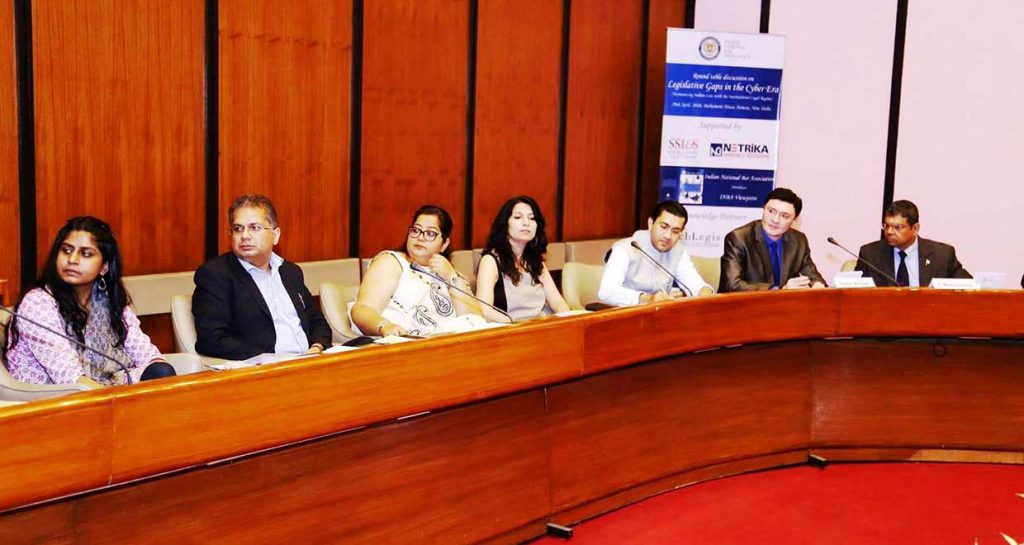
What are the skills one needs to develop in order to work with the MEA?
One should be energetic, have a far sighted insight into all the aspects of International Law, and be outspoken. Having said that, one should be ready to slog as there is no short cut to success in any field.
What inspired you to pursue academia?
Teaching is intellectually stimulating. You read and study in order to make others read. Isn’t it interesting enough? Also when I teach I get to interact with younger lot of students who are always inquisitive and keep throwing a volley of questions, enriching their teachers in turn. I have taught at Delhi University Law Faculty, my Alma matter, apart from the Indian Society of International Law as a visiting faculty.
How can our readers stay updated about India’s diplomatic ties and relations with other countries?
India and its international relations are in the limelight of late. The Ministry of External Affairs is the Government agency responsible for update of the foreign relation between India and other foreign countries. Anyone who has interest in diplomacy should keep themselves abreast by regularly visiting the website of MEA. Also, there are many magazines and newspapers which cover the diplomatic relationships widely.
What challenges have you faced in building up your career as it stands today?
Like every other student grappling in the final stage of his studies, I was also very apprehensive of the uncertainties of the field I chose for myself. However, law is a field which never disappoints. There is ample scope for every individual to shine. There are always teething troubles but they can be overcome with sheer determination and will.
What advice do you have for our readers who are primarily college students?
My advice to all the burgeoning lawyers is that give your best at the college level as this is where you get a foundation for your upcoming years. Stay positive, work hard, and never mislay your passion while making a career in law. All the best.

